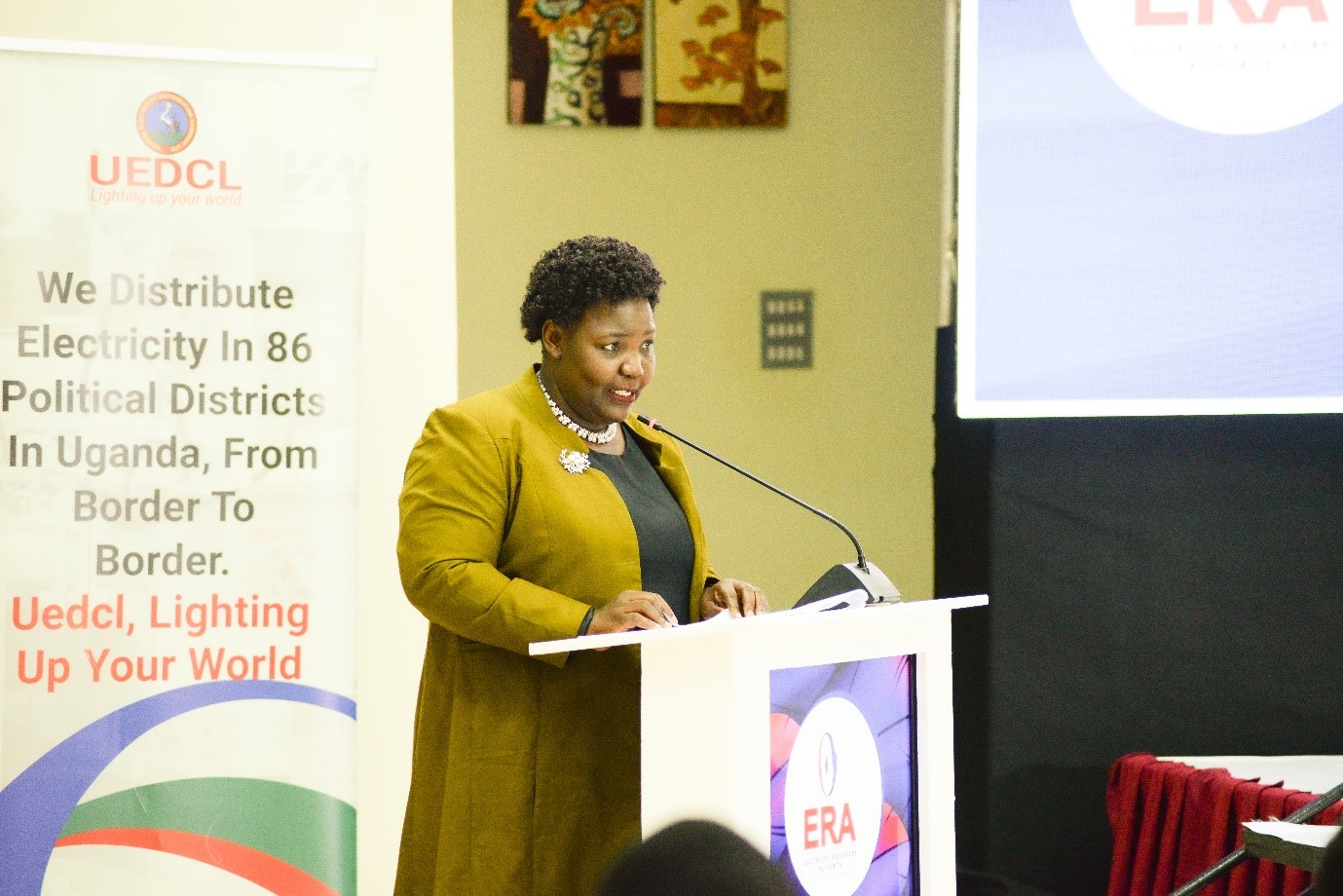Kampala, (UG): Ugandan power regulator; ERA (Electricity Regulatory Authority) Friday, December 08, received respective budgets from electricity companies to help determine the end-user power tariffs for the year 2024.
The companies which include; Uganda Electricity Generation Company Limited (UEGCL), Uganda Electricity Transmission Company Limited (UETCL), Uganda Electricity Distribution Company Limited (UEDCL), Eskom Uganda Limited, and Umeme Limited presented and defended their revenue requirements to the regulator during the annual tariff review public hearing held at Imperial Royale Hotel in Kampala.
The presented budget totalling 1.77 trillion is less than the shs2.2 trillion which the companies dealing in the generation, transmission and distribution of electricity business presented last year (2022) at the same public hearing for the 2023 tariffs. Below is the breakdown of the budgets presented.
UEGCL’s Budget
UEGCL tabled forward its budget of shs110.71 billion with the costs of power generation, operation, and maintenance costs (GOMC) amounting to shs30.312 billion, and shs80.4 billion for capital investment.
While presenting the budget, UEGCL’s Chief Finance Officer, Ms Susan Taffumba Isubikalu explained that the 30.312 billion shillings for GOMC costs has already been approved by the regulator, and will majorly focus on the Nalubaale and Kiira power Plants.
“In terms of budget estimates for Nalubaale – Kiira [hydropower complex], we have a budget for the GOMC costs. This was already approved by ERA. The initial approval we had was 27.7 billion, and then we had a request for a modification of 2.14 billion giving us a total request of 29.9 billion,” Ms Taffumba explained.
“The modification for this has already been approved by ERA, so, we consider that already a done deal. We had additional requests on top of the 2.14 billion for the ICT licenses to a tune of 200.1 million,” she added.
According to Ms Tafumba, the focus is going to be on automation in terms of digitization. “So, we want to try and improve our processes and ensure that they are also ably paid for in terms of licenses. The other issue that we had applied for is the performance incentive totalling about 172.8 million thereby giving our total GOMC costs in terms of what ERA has approved, being 30.312 billion.”
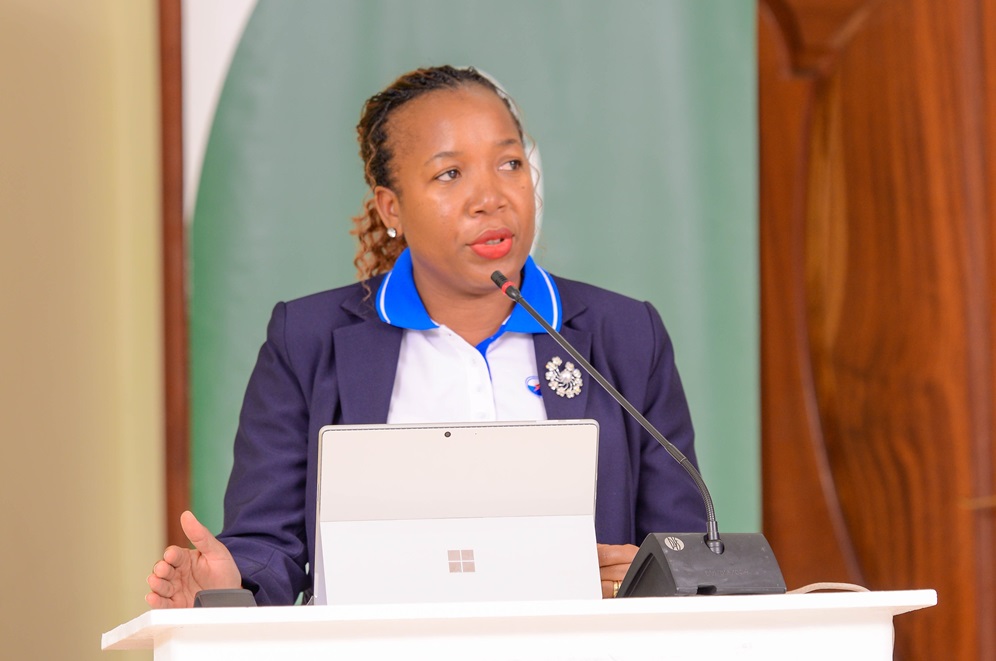
In defence of the 80.4 billion capital investment application, UEGCL says the budget is slated to help in the acquisition of a floating boom and a weed harvester to prevent the disruptive effects and impacts of floating islands on the operations of Nalubaale – Kiira power generation complex that was operated by Eskom Uganda Limited for 20 years until early this year when Eskom handed the complex to UEGCL Following the end of its concession.
It should be remembered that in 2020, a floating island invaded the Owen Falls dam also known as Nalubaale and Kiira and it took several days for the government to remove it hence disrupting the plant operations.
UEGCL’s Head of Operations, Mr George Tusingwire defended the budget and said the two critical items; floating boom and weed harvester are very crucial to ensure optimal functioning of the power complexes. “Due to rising water levels, floating islands need to be monitored to ensure that there’s no disruption of plant operations. More efforts in the form of a boom and a weed harvester are needed” he said, adding that when the floating island came in 2020, it came with a lot of gardens and these went and clogged the intake parts.
“We had to shut down those intakes to remove those weeds. Fishermen, UNRA, Army all came to help us and it took us 10 days to remove the material. If that happens again, people will have to turn to generators and it’s very disruptive to the economy” he added.
UEGCL also tabled forward a staggering Shs2.77bn saying this is to enhance salaries for former employees of Eskom retained after the departure of the South African company which was managing the two plants of Nalubaale and Kiira.
UETCL Budget
Mr Jenkins Miiro, the Ag Head Commercial at UETCL, who presented the company’s budget for the year 2024 said their application focuses mainly on energy purchase costs of 1.43 trillion shillings, and 96 billion for investments, and the consultancy budget of 6.1 billion shillings, and a proposed Bulk Supply Tariff (BST) of 248.66 shillings per kWh.
The key drivers in the budget include; the need to increase grid coverage and reinforce the existing grid, meeting increased demand which necessitates the construction of new lines, upgrade of the existing infrastructure, and increasing the transformation capacity, reduction of transmission losses, and implementation of various interventions to curb vandalism.
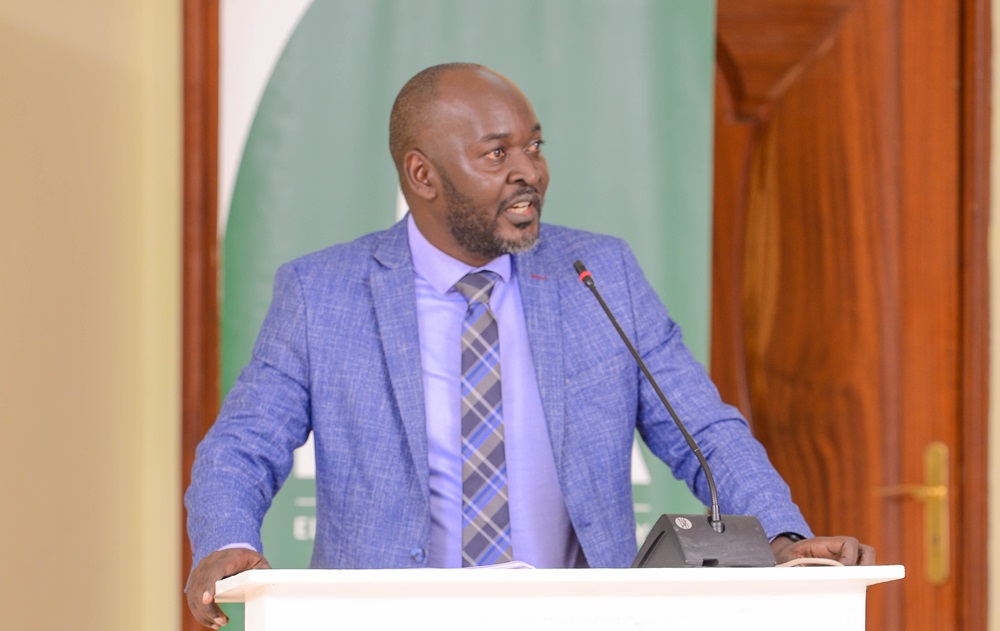
Distribution Budgets
Uganda Electricity Distribution Company Limited (UEDCL) presented its overall budget of shs 49.9 billion with the key drivers being; the provision for 11 additional staff, impacting on all staff direct and direct costs, concession monitoring (the scope is expected to increase in readiness for the expiry of Umeme concession), ICT enhancement to improve operational efficiency among others.
Mr Paul Mwesigwa, UEDCL’s Managing Director underscored the company’s communication platforms including a 24-hour call centre, social media platforms & 24-hrs control centre as key drivers to current customer service excellence.
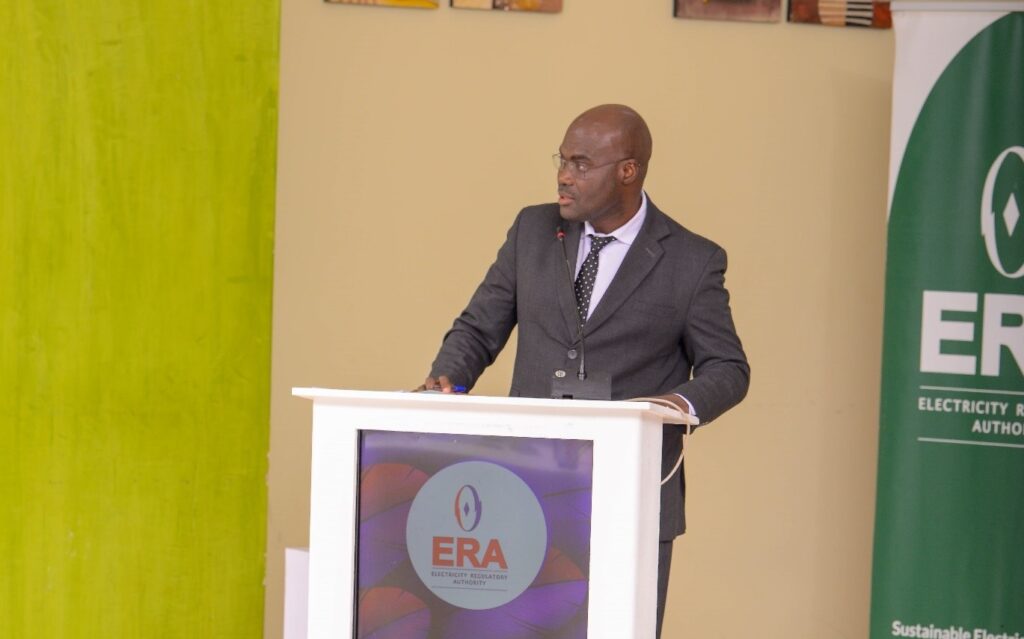
For Umeme Limited, Mr Selestino Babungi, the Managing of UMEME Ltd said the overall, revenue requirement presented is worth 85.5 billion shillings, majorly focusing on the recovery of operational costs and investing in the distribution system ahead of their potential exit in 2025.
Mr Babungi explained that as a power distributor, they have proposed shs203.9 kWh as the distribution price, adding that this figure is well thought to ensure adequacy in resources for Umeme to execute its mandate while meeting its obligations to various stakeholders.
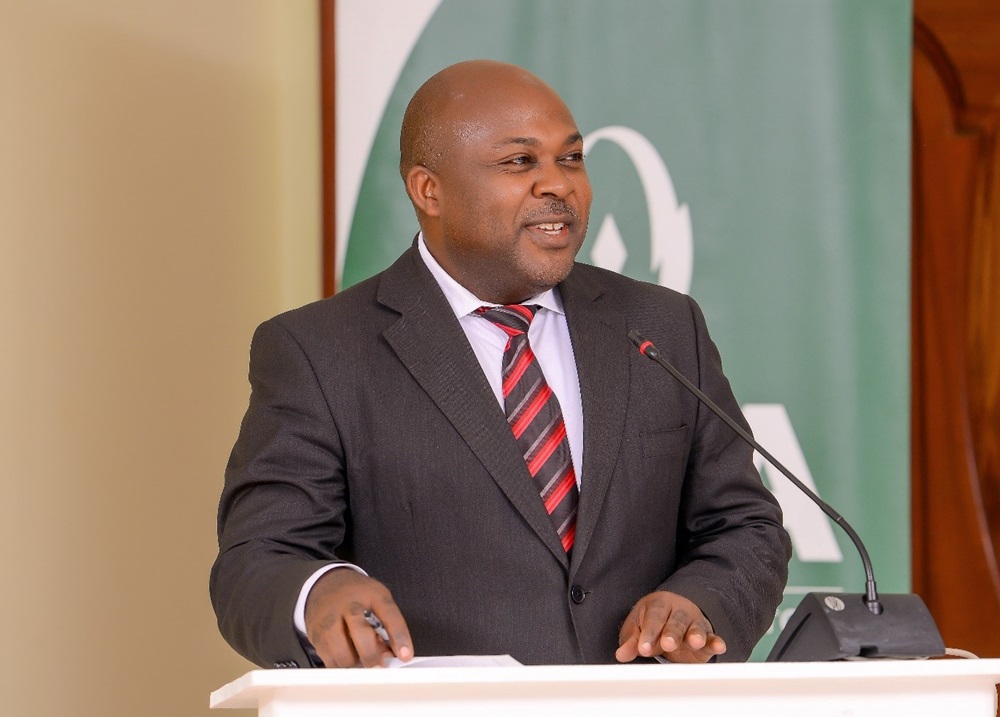
Deemed Energy
UETCL was during the hearing tasked to explain the perceived failure to evacuate generated power resulting in huge costs paid for by the taxpayer in deemed energy costs. Deemed energy occurs when power is generated at the source but it is not consumed because there are no transmission line (s) to take it away.
When this happens, the government pays the investor huge sums of money annually for such unused energy, one of the recent cases being that of the Pader-based Achwa Hydro Power Plant where the government has been paying USD24million annually since 2019 until last month when transmission line was commissioned.
However, in response to the above, UETCL’s Miiro explained that in some situations, the investor moves faster than the transmitter company, and completes the project before the completion of the evacuation lines.
He added that UETCL takes a lot of time to settle compensation of the project-affected persons causing the delay in completion of the evacuation lines. “But the good news is that that power (from Achwa hydropower plant) is now evacuated.”
About the Public Hearing
Dr Sarah Wasagali Kanaabi, the Board Chairperson of ERA who presided over the public hearing said the Authority received the applications from the four companies and that the hearing was to enable stakeholders to make comments on the applications and also for the licensees to make justification for the tariffs they have applied for.
“This will help ERA to a decision on the tariffs for 2024. This is part of the consultation process in line with ERA’s principle of transparency and involving the public to participate” she explained, adding that the core focus areas for customers include affordability of power, reliability, quality of service, access to power, demand growth and sustainability.
On her part, Eng. Ziria Tibalwa Waako the Chief Executive Officer of ERA allayed public fears that the planned merger of government agencies including the power companies, will not affect licenses for licensed power companies.
“What will change is corporate identity. The licenses will remain in place. What will change is the structure. So, irrespective of whether we continue operating the way we’re structured or change, the licensing will not change” Eng Waako said.
She added that government also intends to resume the free rural electrification program as early as February 2024, but promised to provide more details soon when releasing the power tariffs for the first quarter of the year 2024.
If you would like your article/opinion to be published on Uganda’s most authoritative news platform, send your submission on: [email protected]. You can also follow DailyExpress on WhatsApp and on Twitter (X) for realtime updates.


